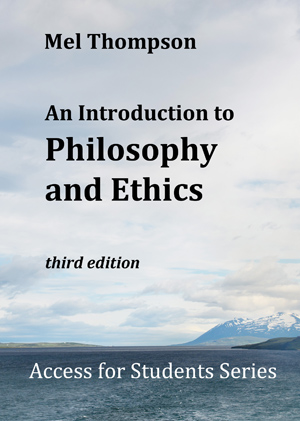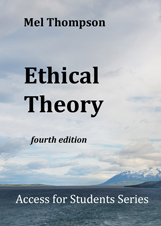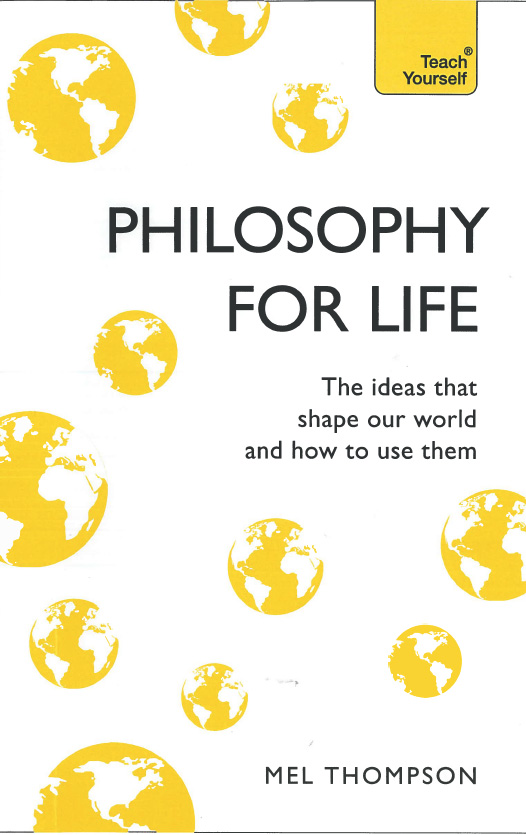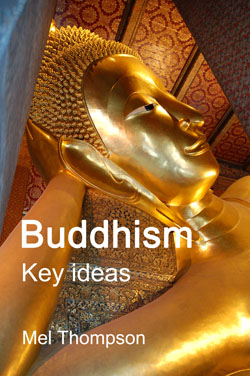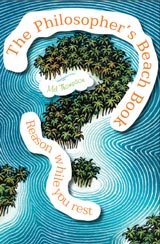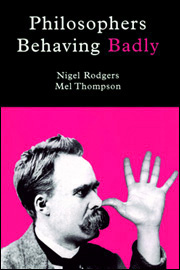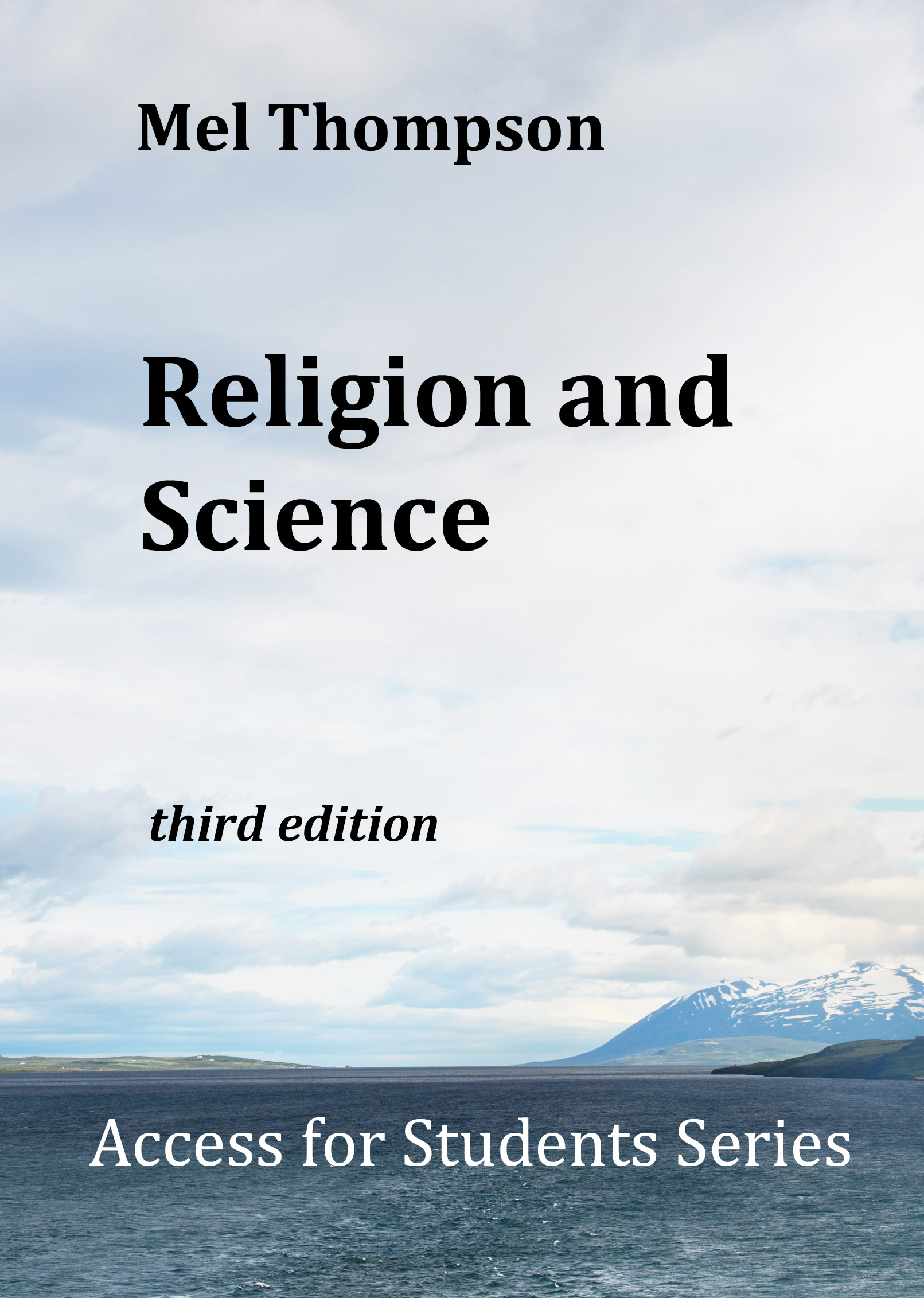Evolutionary Psychology and pissing into the wind
Walking in Amsterdam, I observed the following inscription: ‘Homo sapiens non urinat in ventum’

Working within the Darwinian paradigm of natural selection, the main aim in life is to get your genes into the next generation; to mate, to rear offspring and thus to survive in terms of your species, if not as an individual. As an observed phenomenon within the biological world, that is beyond question. But homo sapiens is, or should be, if it is to live up to its name, a rational creature. So how does the process of thought relate to the physical, biological and evolutionary needs to the meeting of which the mind contributes?
One way to approach the mind is to explore the way in which the mental and biological spheres interact, and evolutionary psychology has a part to play in this in that it examines the development of mental operations in the light of evolutionary needs. After all, mind would not have developed if it did not give us some evolutionary edge, to enable us the better to survive and breed in a world where we need more than physical force if we are going to compete with other species.
Pissing in the wind is a wonderful example of a failure to achieve a good working relationship between rational decision-making and biological prudence. Pissing into the wind is not a good idea, because its consequences are physically unpleasant but unnecessary, as they can easily be avoided. The rational mind assesses the physical environment’s present state (direction of wind) and potential (to deflect liquid), in the light of what the body needs to do, and finds the most prudent way to achieve its end (I nearly said ‘its aim’!). The rational mind, given that it cannot change either the wind direction or the bodily need, finds the best way out. We are not concerned with exactly which neurons achieve this result, merely that our intuitive and logical processes have combined to achieve the desired end.
That assessment of the situation and of the possibilities open to us within it, applies to much mental activity. Evolved because it helps survival, mind assesses and directs. But it is by no means a straightforward business. Evolutionary psychologists may speak of different modules or modes within mental activity, each coming into play depending on circumstances – self-promotion, mate attraction, protecting dependant offspring and so on. It may be argued that the mind does a PR job, promoting the person as overall in control, dependable, predictable – which helps social cohesion (if we were never predictable, cooperation would be severely limited), and presents a knowable, and potentially lovable person. But the urge to do this is surely more than just PR, however necessary that may be. If it were only that, the real self would be disguised by the mental operation. In fact, I think that the mind constantly attempts to achieve integrity, but does so in spite of the often conflicting range of emotions and the goals we set ourselves. Our failure to achieve integrity is generally less a failure of understanding of where we want to go, as an inability to appreciate the strength of the various physical and emotional forces that operate in our lives. We may feel compelled to do one thing, while thinking we really should do another; tossed about by conflicting emotion and practical demands. We probably have far less control over our mental life than we would like to think. The Buddha argued that there is no permanent thing called the self, but that we comprise five ever-changing ‘bundles’ of physical reality, sensations, perceptions, mental impulses and consciousness, and we cannot identify the self exclusively with any of them, nor do we have complete control over either our body or mind. Even if, to use an ancient Greek image, we think of ourselves as a charioteer controlling wild horses, the skill is not simply to tame the horses but to use and direct their strength, while constantly on the lookout for potholes in the road or track on which we are racing. Our ability to control things is less than we would like to think.
In the end, I sense that the rational aspects of the brain – as opposed to its operations that keep the system running – are exactly those that advise against the many variations of pissing into the wind that we encounter in life, namely the quest for activity that is in harmony with our environment rather than going against it. We might reflect that this is a key feature of Taoist thought, that we should seek the most natural and efficient way to move through life, knowing how to move around obstacles and keep going in our chosen direction – or perhaps simply knowing which of the many different potential directions we should choose.
Philosophy, as ‘smart thinking’ (as opposed to philosophy as a study of the history of ideas, or of careful linguistic analysis in a tightly controlled setting) is all about recognising and negotiating that partial lack of control. We think and make decisions, but do so in the light of our awareness about our limited degree of control over both our own emotional and psychological life and our environment.
All this points to a fundamentally functionalist view of the mind. The mind is a tool for getting things done, for negotiating our way through life with minimal collateral damage. We check the wind and turn accordingly; the mind operates, sometimes consciously, sometimes unconsciously, to give us what we hope will be the best overall result. The mind is not in absolute control, but it does what it can. Wisdom is seen in our ability to avoid getting wet!

